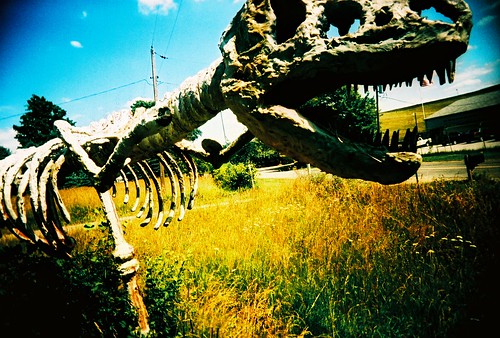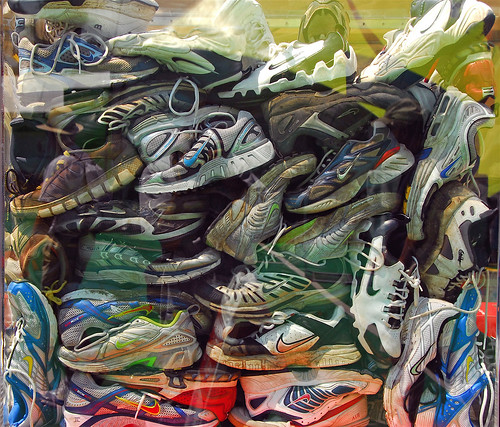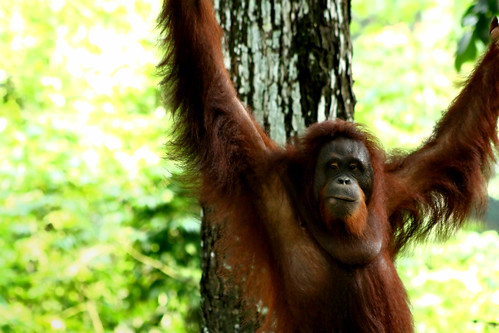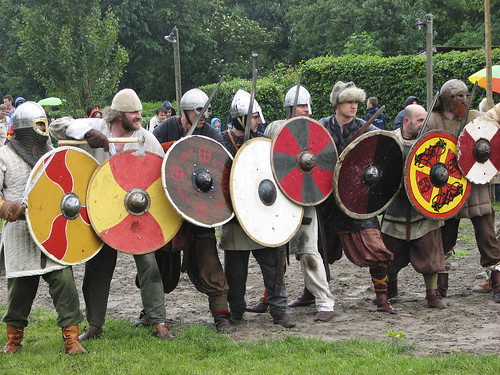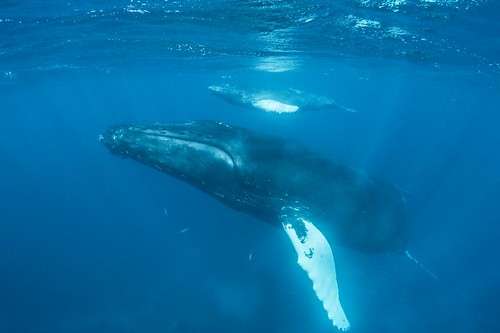Welcome to Word Buzz Wednesday, in which we round up our favorite buzzworthy words of the week. The latest: a dinosaur dust-up; who said what; and money doesn’t always buy happiness.
Bone Wars
“The name Brontosaurus goes back to the so-called Bone Wars of the late 1800s, when rival fossil hunters Othniel Charles Marsh and Edward Drinker Cope raced new dinosaur names into the scientific literature.”
Paul Rincon, “Brontosaurus dino name is revived,” BBC, April 7, 2015
The Bone Wars were also known as the Great Dinosaur Rush. Paleontologists Marsh and Cope were fiercely competitive, “resorting to bribery, theft, and destruction of bones,” as well as attacking each other in scientific publications.
Churchillian Drift
“But the subsequent misattribution is a textbook example of a widespread phenomenon in the world of quotations: Churchillian Drift.”
Erin McKean, “The Wise Words of Maya Angelou. Or Someone, Anyway,” The New York Times, April 9, 2015
Churchillian Drift, says McKean, “is the process by which any particularly apt quotation is mistakenly attributed to a more famous person in the same field.”
In the case of Maya Angelou, a quote from lesser known author Joan Walsh Anglund was attributed to Angelou and inscribed on a postage stamp honoring the world-famous poet.
Easterlin paradox
“Gilovich’s findings are the synthesis of psychological studies conducted by him and others into the Easterlin paradox, which found that money buys happiness, but only up to a point.”
Jay Cassano, “The Science Of Why You Should Spend Your Money On Experiences, Not Things,” Fast Company, March 30, 2015
The Easterlin paradox says that while high income does correlate with happiness, it’s a short-term high: in the long run, making a lot of money doesn’t make you happier. The concept is named for economist Richard Easterlin.
hot take
“The problem with the Dove post was not its subject or its slant, he suggested in a tweet Thursday evening, but that it was a ‘hot take.’”
Julia Turner, “In Defense of the Take,” Slate, April 10, 2015
The term hot take, says Turner, has become a journalistic putdown. Takes refer to “quick responses” and “often glib opinions” online writers are forced to produce about “any event that occurs” in order to drive traffic and revenue.
The hot take originates from sports media, “usually connoting a blowhard ranting about some personnel decision or play call gone wrong.” Urban Dictionary defines hot take as “simplistic moralizing rather than actual thought,” as opposed to a strong take.
wha gwan
“Before speaking to a crowd of people, the president did his best ‘Wha Gwan’, which resulted in all kinds of jump and wave from yardies everywhere.”
Shenequa Golding, “Big Tings A Gwan: Barack Obama Visits Jamaica And Does Spot On Patois Impersonation,” VIBE, April 9, 2015
Wha gwan is Jamaican patois for “What’s going on?” or “What’s up?” Yardie is slang for someone from Jamaica. The word comes from “government yards,” another name for Jamaican social housing projects.
[Photo via Flickr: “Dinosaur,” CC BY 2.0 by Kevin Dooley]
